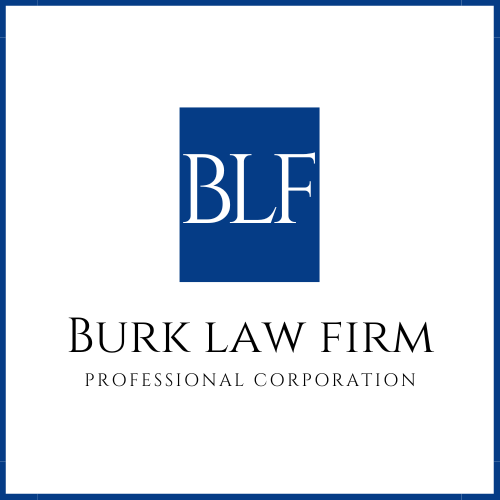Text messaging has become one of the fastest ways for businesses to reach customers—but it’s also one of the riskiest if you don’t follow the law. Federal regulations like the Telephone Consumer Protection Act (TCPA), combined with industry rules and state privacy laws, create strict requirements. Violations can cost businesses $500–$1,500 per text in damages, plus reputational harm.
Here are the essential rules every business must follow when using text messaging for marketing or customer communication.
1. Get Clear Consent First
The TCPA requires businesses to obtain prior express written consent before sending marketing texts.
Consent must be clear and tied to the actual purpose.
You can’t rely on purchased lists.
Opt-in checkboxes must not be pre-checked.
2. Provide a Simple Opt-Out
Every text must include an opt-out mechanism such as: “Reply STOP to unsubscribe.”
Opt-outs must be honored immediately.
Continuing to text someone after they’ve opted out is one of the fastest ways to invite litigation.
3. Identify Yourself
Texts must clearly state the business name.
No misleading or anonymous texts.
Transparency builds trust and protects you legally.
4. Respect Time Restrictions
Businesses cannot send texts before 8 a.m. or after 9 p.m. in the recipient’s local time.
Even within legal hours, avoid excessive frequency that could be considered harassment.
5. Keep Messages Honest and Relevant
Only send content the customer agreed to receive.
Don’t mislead or exaggerate offers—the FTC and state deceptive trade practices laws apply.
6. Comply with Privacy Regulations
If your business collects or stores personal data, laws like the California Consumer Privacy Act (CCPA) and the GDPR (for EU residents) may apply.
Maintain a clear privacy policy.
Provide a way for customers to access or delete their data.
7. Follow Carrier and Industry Guidelines
Wireless carriers enforce their own standards through the CTIA. These prohibit SHAFT content: sex, hate, alcohol, firearms, and tobacco. Even if you are TCPA-compliant, violating carrier guidelines can get your messages blocked.
8. Maintain Proof of Compliance
Businesses should document:
The original consent language.
Date and time of opt-ins and opt-outs.
Records of all messages sent.
These records are often the difference between a successful defense and a costly lawsuit.
Final Word
Text messaging can be a powerful business tool, but only if you respect the law. Noncompliance exposes businesses to massive financial penalties and reputational damage.
At Burk Law Firm, P.C., we help businesses design compliant communication strategies, draft consent language, and defend against TCPA and deceptive trade practice claims.
Contact us today to ensure your business is protected before the first text goes out.

